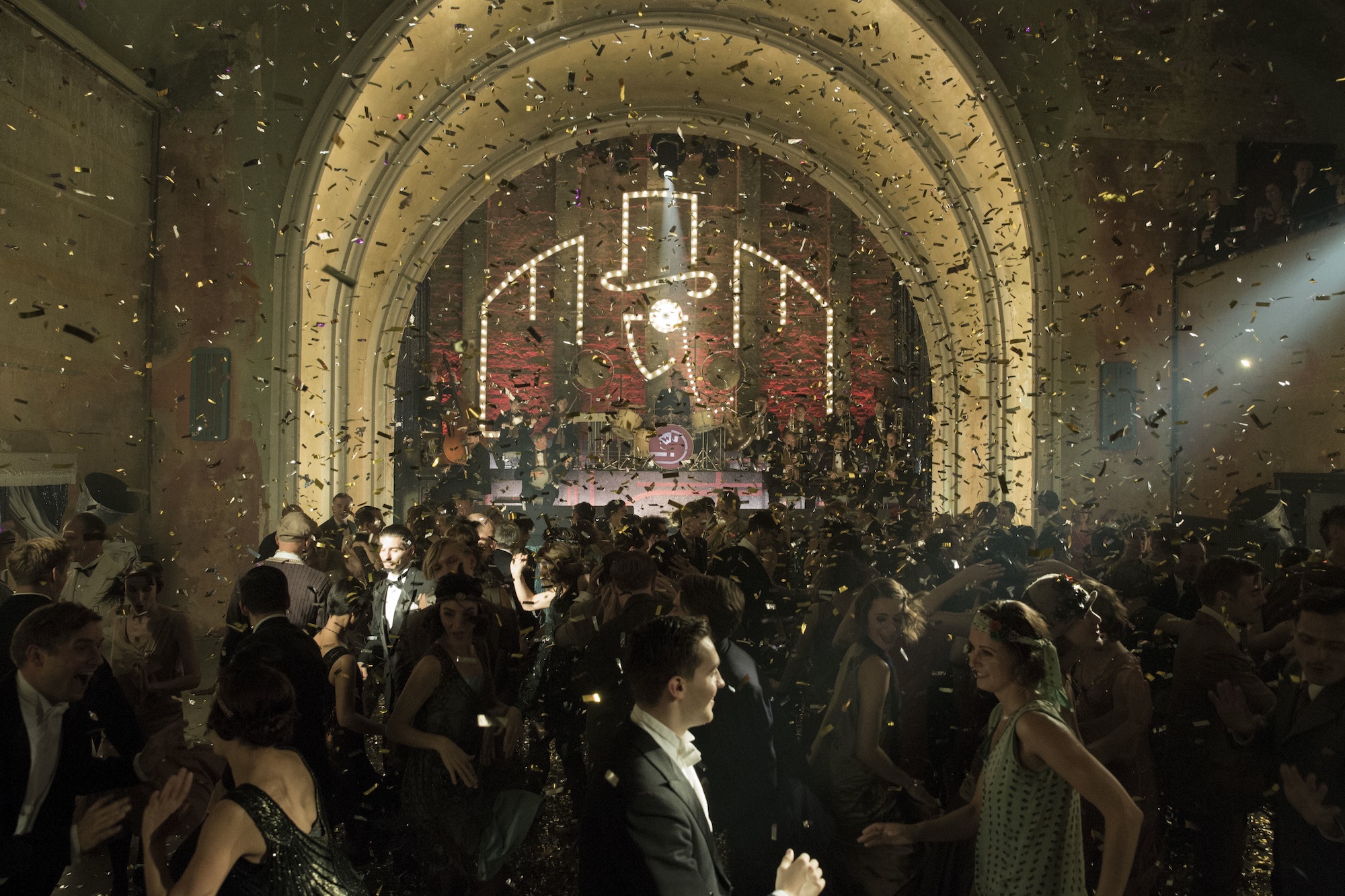Back in autumn 2007, NBG saw great potential in a new crime series by German author Volker Kutscher. ‘Villains galore!’, our reviewer exclaimed. Little did we know that exactly ten years later the series would find its way onto television screens across the world. Niall Sellar, who is translating the books for Sandstone Press, tells NBG his Babylon Berlin tale.
My official involvement with the Gereon Rath series began three years ago, on a Friday after second period. At the time I was teaching Modern Foreign Languages in a Stanmore comprehensive and had just failed to inspire a group of Year 9 French students. Perhaps seeking some sort of consolation, I checked my personal email account. Nothing. The weekend looked bare. Then, finger poised over the mouse, I clicked on junk. I still don’t know why – usually I never bother.
In among the usual assortment of offers and requests, one email stood out. It was from Robert Davidson of Sandstone Press, asking whether I would be interested in translating a German detective novel called Der Nasse Fisch (‘The Wet Fish’). He had my details from New Books in German.
Amazing.
But perhaps even more amazing, I had read the book, having received it as a thirtieth birthday present from my head of department the previous year. I replied in the fifteen minutes between second and third period, and that’s how it all began.
Since then there have been a number of highlights: sitting on a panel at the Goethe-Institut in London to launch Babylon Berlin; listening in Edinburgh (my hometown) as an extract from my translation was read out; and, most bizarrely, learning that Nicola Sturgeon, Scotland’s First Minister, was a fan of the series.
Of these, there is no doubt that the last two were precipitated by the television series, which aired in November of last year. It is now Sky’s most-viewed foreign-language series ever; yet, crime aficionado that I am, I have found it almost impossible to sit down and watch it.
I’m not sure why this is, but perhaps it has to do with ceding ownership, of letting go. Working away in a West Norwood box room, there was a time when I felt as if the books (or at least their English versions) were mine. Now, of course, that’s changed, and rightly so: a series like this should belong to as many people as possible.
When I first heard who was involved in the production, I had an inkling it would be good, and, indeed, from the first moment – a flashback sequence that calls to mind Tom Tykwer’s breakout ‘90s film Lola Rennt – I am gripped. That first sequence is also indicative of some of the differences between the series and the books. Structurally, it would take an audacious writer to begin a novel with an extended flashback sequence. More than that, however, the onscreen Gereon immediately seems more vulnerable than he does in the books, and his counterpart Charly – or Lotte as she is on the screen – occupies a different social class. In the books she is a stenographer and aspiring lawyer whereas in the adaptation she is a prostitute living in much tougher conditions.
Does this matter? I’m not sure it does. It all looks so slick and I feel, immediately, as though I have been transported to the final years of the Weimar era. One of the functions of the novels is to examine how the Hitler years came about, through the eyes of a politically indifferent, morally compromised hero: a trick that can only work if the reader feels involved enough to forget what history has in store. It is in the attention to period detail that the series remains truest to the books; its recreation of a doomed era seduces the viewer into oblivion. We know that when we come to our senses, it will already be too late.


